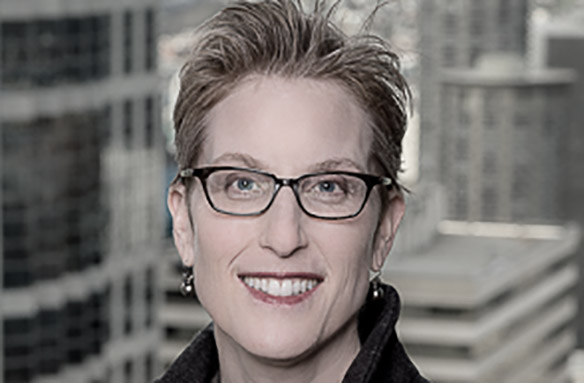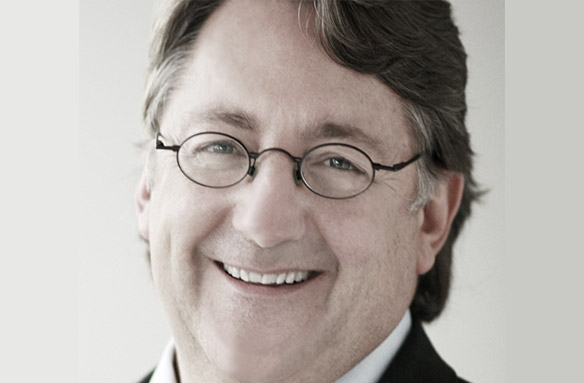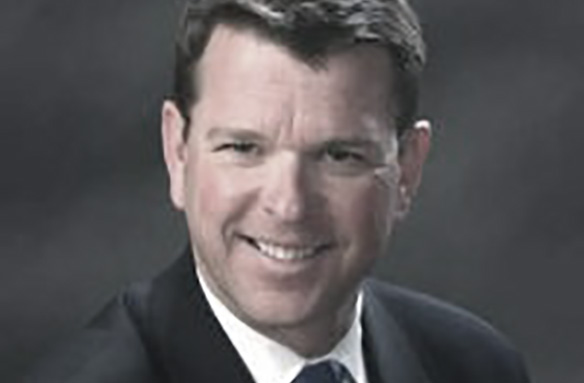Unlocking Your Clients’ Hidden Philanthropist
Unlocking Your Clients’ Hidden Philanthropist
Developed by Julie Lytle Nesbit, Matt Wesley, Tom Fowler and Lorraine del Prado
Questions That Probe Your Client’s Attitude Toward Philanthropy
1. Bridging questions
- How do you wish to be remembered by your family, friends and community?
- If you had one year left in your life, how would you spend your time and resources?
- What do you consider the highest purpose of your life?
- What do you consider the highest purpose served by your assets?
- If you were given $10 million dollars and you had to give it away, which causes provide the opportunity to fulfill your passions in life?
2. Litmus test questions – to gauge interest (you should have a “go to” question that comfortably opens or closes the door to deeper conversation, here are some options)
- Do you volunteer? Where do you volunteer? What do you find satisfying about it?
- What first motivated you to be involved in that particular charitable organization?
- What role has giving back to the community played in your life? (How has “giving back” positively impacted your life”)
- Do you give to or are you actively involved in any specific charitable organizations?
- Are there charities that you have supported for a long time?
- Do your children share your charitable interests? How have they been involved?
- What have you tried to teach your children about giving back?
- What do you consider to be indicators of a charity’s effectiveness?
3. Exploration Questions: To go deeper
- How do you give money to the organizations you believe in?
- What do you perceive as the advantages and disadvantages of philanthropy in your life?
- Are there any organizations that have had a significant impact on your life? How has it shaped your priorities and values?
- Do you have a strategy for charitable giving?
- Does your giving go beyond tax savings, to involve your core values & your family?
- What role would you like philanthropy to play in your life?
- Compared to your peers, do you tend to give more or less time to philanthropic concerns?
- Do you want to involve your family in philanthropic giving? If so, how would you do that?
4. Next Step Questions:
- In what areas do you wish to make a permanent impact?
- Is it your desire to make a single significant contribution to transform that program or to provide a steady source of support for it over the long term?
- Have you ever thought of including a gift to charitable organizations in your estate plans after you have adequately provided for your loved ones?
- Would you want your family to learn how to do philanthropy together?
- What holds you back from engaging more deeply in philanthropy?
- What steps would you want to take in your current charitable giving strategy?
- What are your takeaways from this conversation we have just had about philanthropy?
- Do you mind if I follow-up on this conversation with you?
Special Issues
- Determining client’s excess financial capacity
- Recent anxieties about losing it all again.
- How to address clients’ discomfort with making irrevocable gifts.
- Abundance is more mental than financial
- Family dynamics and communication issues can spoil philanthropic plans.
- How to accommodate each succeeding generation’s need to differentiate themselves
- from the previous generation.
- Incremental steps vs. 0 to 90 miles per hour
Resources and Partners In Your Philanthropic Planning With Your Clients:
Collaborators in Trust / Building a Team
- Charitable Planning and Non-profit Development Professionals – These people are often experts in planned giving and maximizing the impact or your gift and also assuring it will be executed as you planned and as you desire.
- Philanthropic Consultants -They can assist you in pinpointing your long-term personal goals and the role philanthropy can plan is helping you achieve these goals. They can help you in supporting and guiding through the process and help execute on all philanthropic goals and interests.
- Family Legacy Consultants – They help families identify, build and sustain human, social and cultural capital as the basis of wealth planning and family success over generations.
- Estate planning attorneys – Will assist you with the legal structuring of bequests, foundations, charitable trusts, and gifts.
- Wealth Managers, Financial Planners and Insurance Professionals
- Tax Accountants
- Trust Officers
- Philanthropic/Experiential Travel facilitators
Potential Resources to check out:
Key Books:
Raising Financially Fit Kids, Jolene Godfrey
The Price of Privilege, Madeline Levine
The Hidden Gifts of Helping, Stephen Post
Six Word Lessons to Build a Sustainable Legacy, Tom Fowler
Beating the Midas Touch, Rod Zeeb, Perry Cochell, Tom Fowler
The Golden Ghetto, Jessie O’Neill
Philanthropy, Heirs and Values, Williams and Pressler
Giving, Philanthropy for Everyone, Esperti, Petterson, Zeeb
The Charitable Handbook, The National Underwriter
The Seven Faces of Philanthropy, Russ Prince, Karen File
Simple Ideas to share with your clients to get started:
- Philanthropy Day
- Share.Save.Spend
- Site visit
Programs and Organizations:
- Leave 10
- The Seattle Foundation
- Washington Planned Giving Council
- Sound Philanthropy
- 21/64 (resources to engage the next generation)
- Moonjar (share save spend tools, conversation guides)
- Youth Philanthropy Connect
- Philanthropy Indaba (philanthropic travel)
TESTIMONIALS
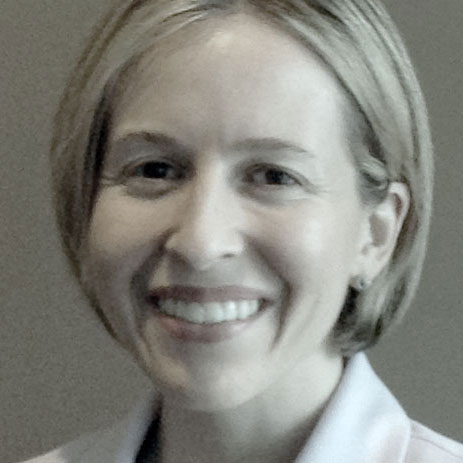
There are many causes we care about deeply. Supporting them during our lifetimes brings us great joy. We know gifts we leave behind will make a meaningful difference in the lives of others and ensure the future strength of organizations that make for a better world.

Investing in the non-profit sector has been a rewarding part of my life – and I know both my community and my business are stronger today because of it. Joining with others to explore ways we can make our communities thrive today and long after I’m gone just makes sense!
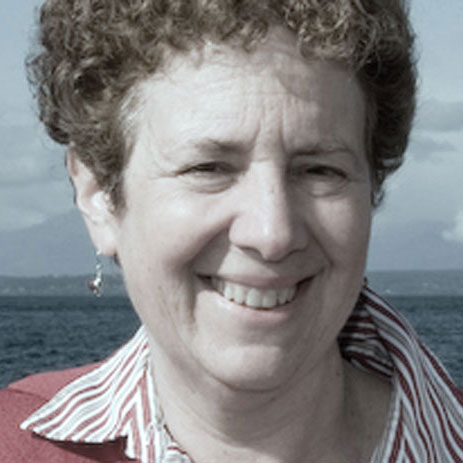
My partner and I are proud to have named many non-profits in our will as part of our estate planning. These are the institutions that have nourished us, help save the lives of others, and protect the environment for generations to come. It is a privilege to carry our work forward!
OUR MISSION
Leave 10 aims to build better communities and transform as many people as possible into philanthropists by educating, inspiring and encouraging individuals to aspire to leave at least 10% of their estate to charity.


